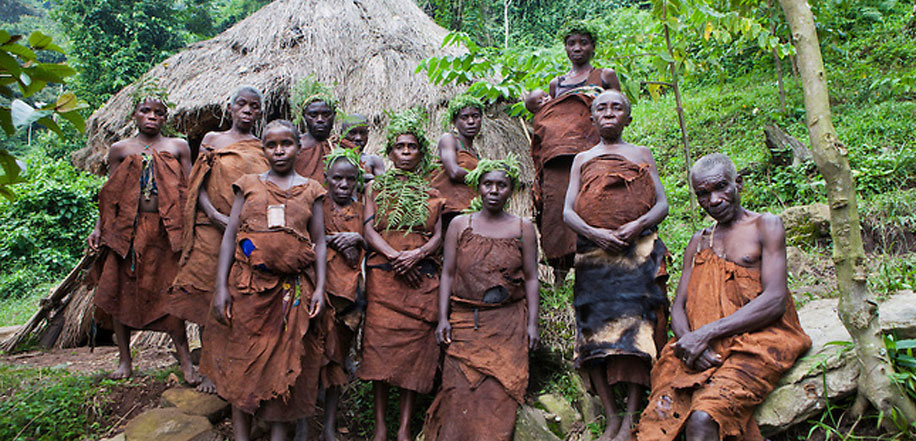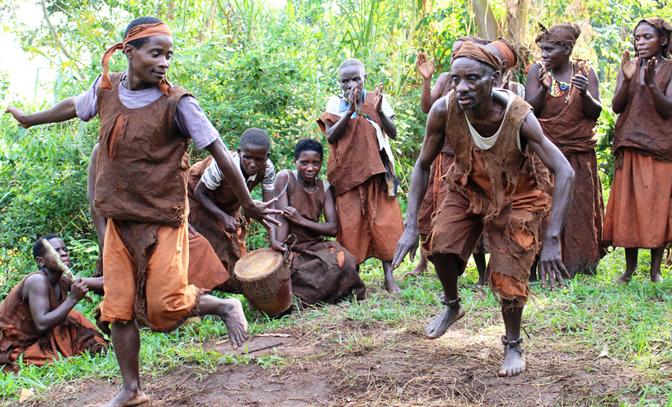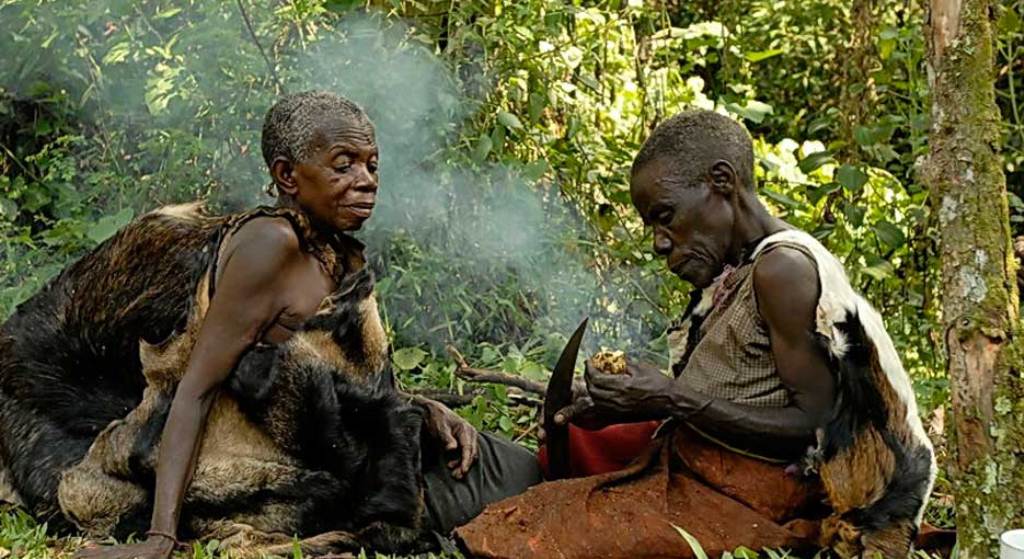
The Batwa community
The Batwa community
The Batwa community/ people are an indigenous group of people living in the Great Lakes Region of Central Africa. They are also known as Pygmies, a term that has been used for many years to describe short-statured people. However, many Batwa people find this term offensive and prefer to be called by their tribal name. Despite being one of the oldest and most marginalized communities in the region, the Batwa have a rich and unique culture that deserves recognition.

On your visit to Bwindi Impenetrable National Park for Gorilla Trekking, you get to have this amazing cultural experience.
3 days Gorillas and Batwa Cultural experience
These people are believed to have been living in the Great Lakes Region for thousands of years, long before the arrival of Bantu-speaking people who now make up the majority of the population. They are traditionally hunter-gatherers, living in small, nomadic communities in the forests of Rwanda, Burundi, Uganda, and the Democratic Republic of Congo. Their way of life is closely tied to the forest, which provides them with food, medicine, and shelter.
The Batwa have a rich oral tradition that has been passed down through generations. They tell stories about their ancestors, the spirits of the forest, and the animals that they hunt. These stories are not only a form of entertainment but also a way of passing on knowledge and values from one generation to the next.
The Batwa community
Music and dance are also an important part of Batwa culture. They have a unique style of music that is characterized by the use of traditional instruments such as the ikembe (a type of thumb piano) and the enanga (a type of harp). Batwa dances are energetic and often involve a lot of jumping and stamping of feet. These dances are performed during important cultural ceremonies and celebrations.

One of the most important cultural practices of the Batwa is their traditional healing practices. They have a deep understanding of the medicinal properties of plants and use them to treat a wide range of illnesses. Their healers, known as nganga, are highly respected members of the community and play an important role in maintaining the health and well-being of their people.
Challenges of the Batwa community
Despite their rich culture, the Batwa have faced many challenges over the years. Their traditional way of life has been threatened by deforestation and the expansion of agriculture, which has reduced the amount of land available for hunting and gathering. Many Batwa are now living small villages, in a poor life style after chasing them away from their nomadic lifestyle.
The Batwa have also faced discrimination and marginalization from other groups in the region. They have often been seen as inferior and have been subjected to forced labor, eviction from their lands, and other forms of abuse. In recent years, however, there have been efforts to promote the rights and recognition of the Batwa. Governments and NGOs have been working to provide them with land rights, education, and healthcare. Most importantly, the government also preserves their culture and traditional practices for the tourists.
In conclusion, the Batwa people are a unique and valuable cultural group that has faced significant challenges over the centuries. Their traditional way of life has been threatened by modernization, deforestation, and discrimination. However, their culture and history remains important and worthy of preservation. There are efforts to support the Batwa community and to promote their rights and well being.






